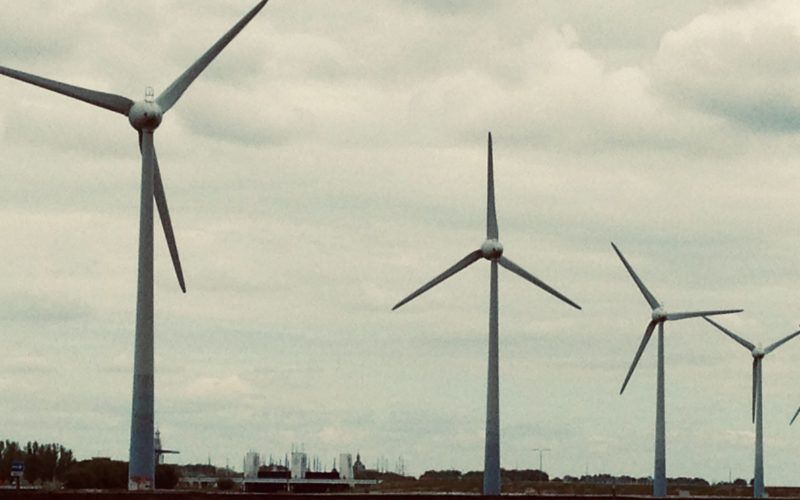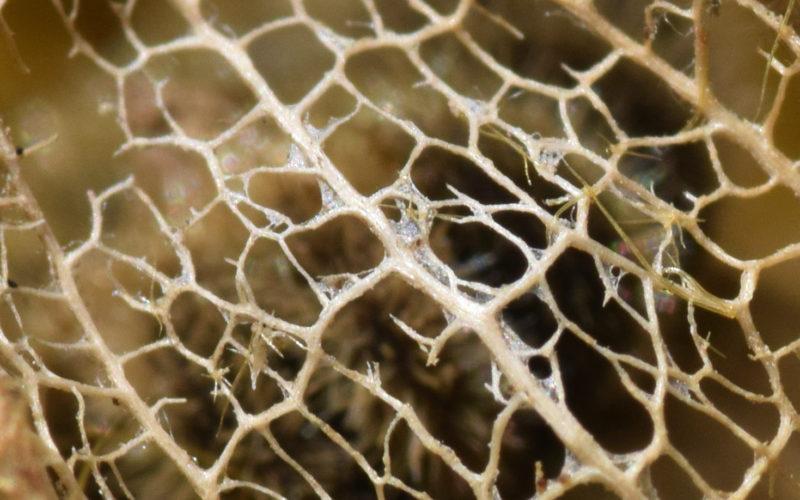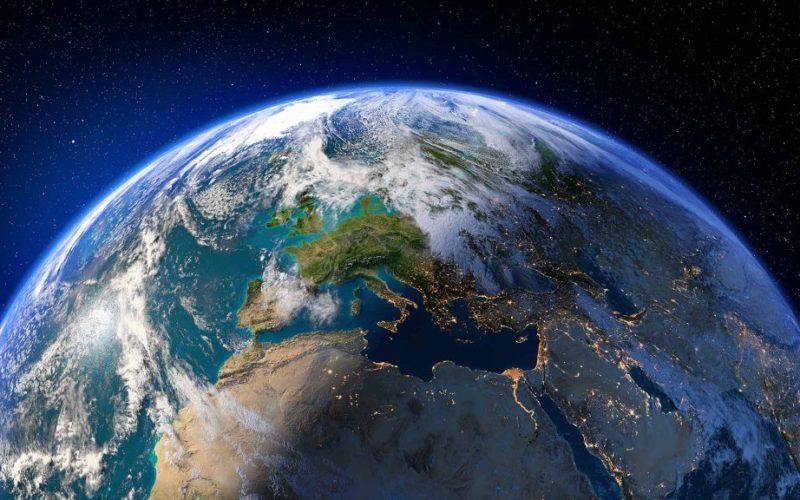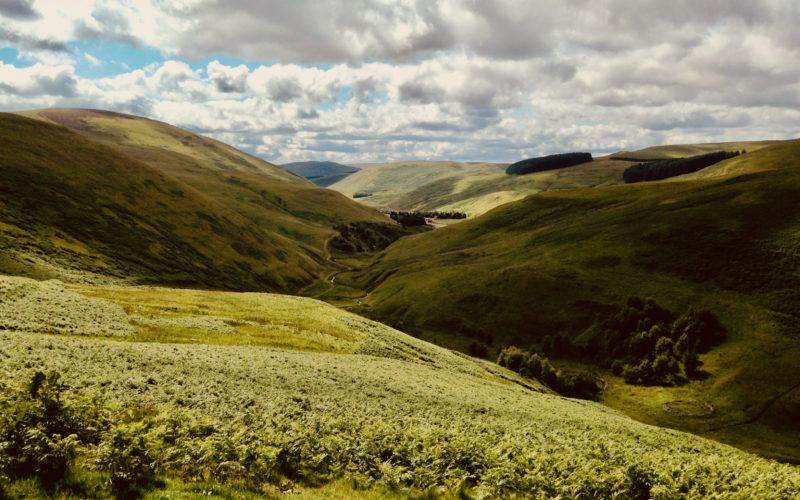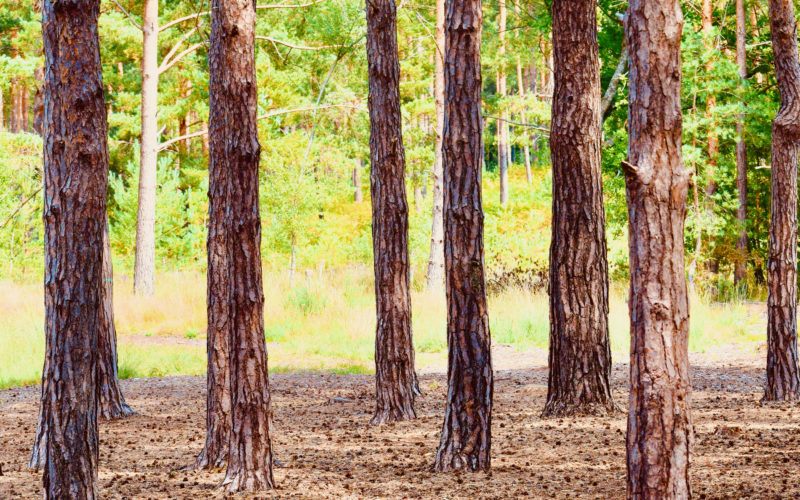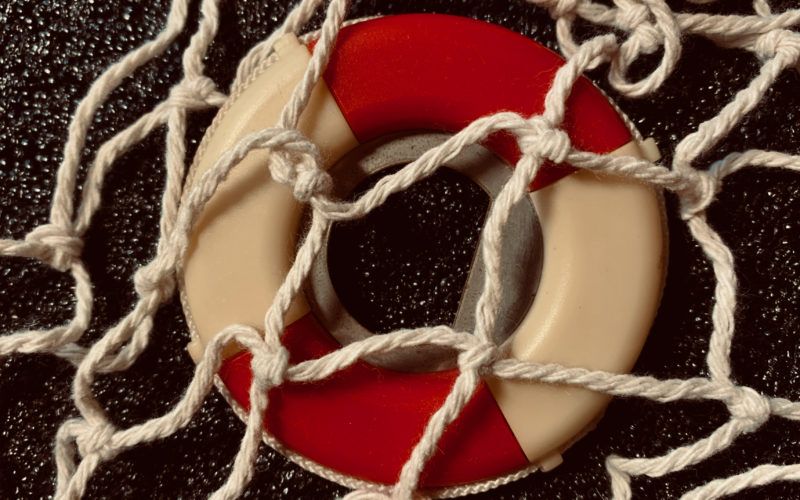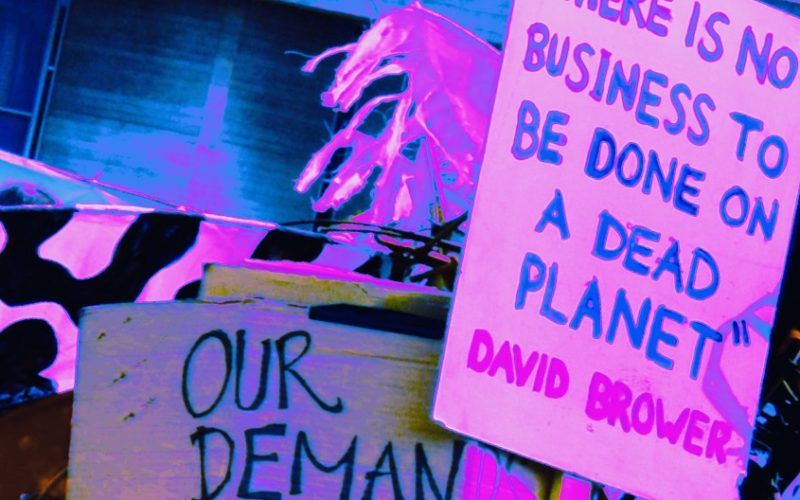* Commissioned Pods
It’s Rocket Science!
Our sixth podcast in the series looks at the important role played by space-based Earth Observation. Hosts Amanda Carpenter and Alyssa Gilbert are joined by Prof. Marian Scott and Prof. Jonathan Bamber as they explain how Earth Observation combined with in-situ and sensor data provides a powerful means to observe environmental changes over space and time in unprecedented detail, even in remote parts of the globe. We find out how Earth Observation satellites are our eyes on the planet and why, without them, we would be virtually blind to the magnitude and timing of climate change and to human interference with the fragile ecosystems we all depend on.
You can download the paper here
Getting the Measure of Offsets
Our guests Eli Mitchell-Larson (University of Oxford) and Matt Dunlop (University of Newcastle) explore the issues and some of the challenges they raise in the latest briefing paper Carbon Offsetting for UK Higher and Further Education.
Putting the zero into net zero
Join Professor Chris Hilson and Dr Joeri Rogelj as they discuss just what ‘net zero’ means and what are the implications are for the UK of a net zero world. Are the targets and dates just a distraction? How do we ensure climate justice between and within countries, amongst communities and between generations, and will some people and places be left behind?
This latest in the Climate Papers series explores the what, when and how of net zero and how to make sense of the Paris Agreement plus what it means for COP26 decisions and demands.’
Making it fair: what would a just transition to net zero look like?
Our guests Dr Rebecca Ford, University of Strathclyde and Professor Simone Abram, University of Durham discuss what a socially inclusive approach to a decarbonised economy would look like. From energy to transport, how can we ensure that ‘leave no one behind’ as we move towards a greener, more sustainable world post Covid.
